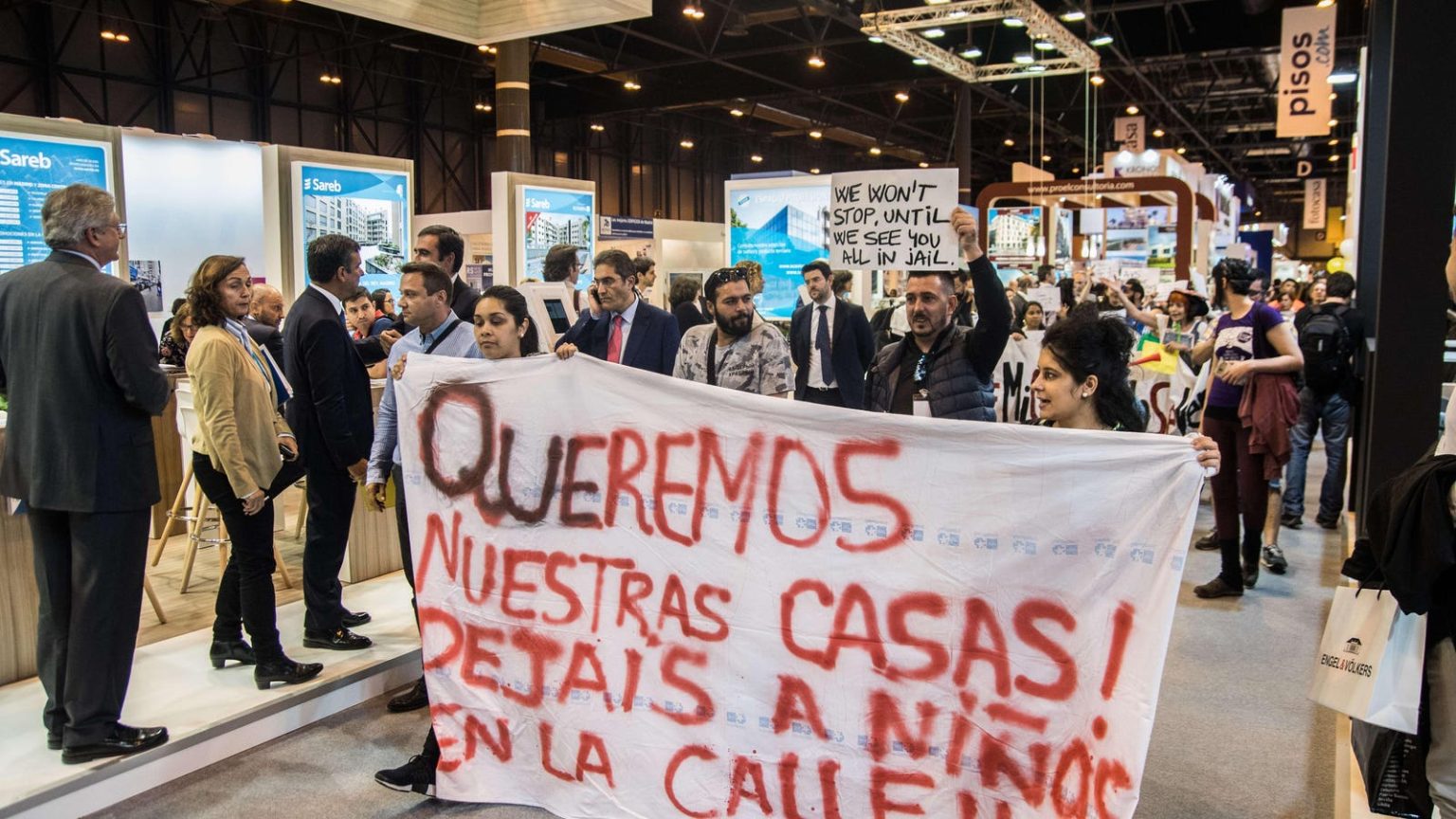Spain recently announced the halting of their Golden Visa program for home buyers, with plans to potentially end the program later this year. The Golden Visa programs were initially established in multiple countries, including Spain, as a way to attract individuals to contribute to the local economy and address the surplus of residential real estate following the 2008 Global Financial Crisis.
The termination of the Golden Visa program in Spain is seen as a backfiring policy that has led to a larger home ownership issue in the country. The threshold price for a Golden Visa home in Spain is €0.5 million, with the majority of proceeds coming from real estate investments. While some argue that living in Spain offers intangible benefits that justify the high investment, the overall economic argument may not be strong.
Data shows that over half of Spain’s Golden Visa homebuyers are from China, with Russian investors also making significant contributions to the program. These investors often purchase overseas real estate to park excess cash outside their home countries. However, the recent rise in mortgage costs has impacted the home purchasing trends of Americans and British investors.
One possible explanation for the popularity of the Golden Visa program is legal tax avoidance. Those who obtain residency through the program are exempt from certain tax obligations, which has led to concerns about equity among residents in Spain. Prime Minister Sánchez referred to the program as a speculative model that has hindered access to housing for those who live and pay taxes in Spain.
In addition to the Golden Visa program, macroeconomic factors such as a lack of new housing construction to meet demand and overseas institutional investors acquiring Spanish properties have also contributed to the housing shortage in Spain. Private equity firms like Blackstone have been purchasing significant numbers of residential assets in the country, with a focus on asset trading rather than promoting home ownership.
Capital structure arbitrage, which involves acquiring assets at below-market prices, renting them out at higher rates, and utilizing leverage to maximize returns, has become a common strategy employed by private equity firms in Spain. This inflationary credit loop drives rents and home prices higher, making individual home ownership increasingly out of reach for many locals. This cycle may continue until a breaking point is reached in the market.


